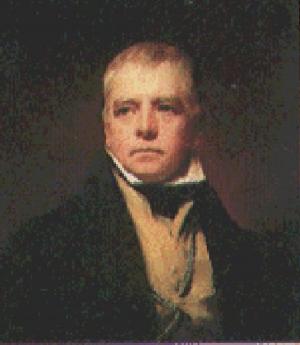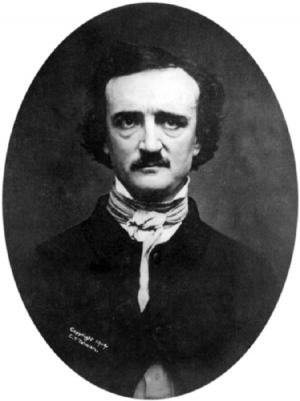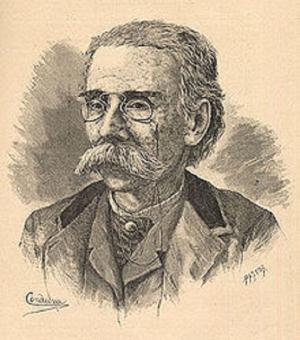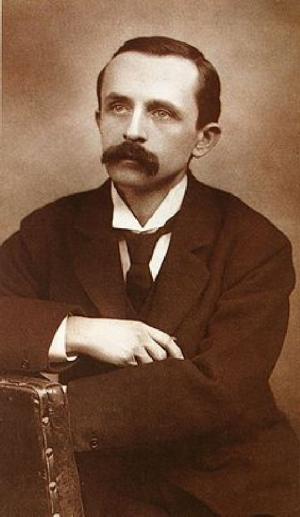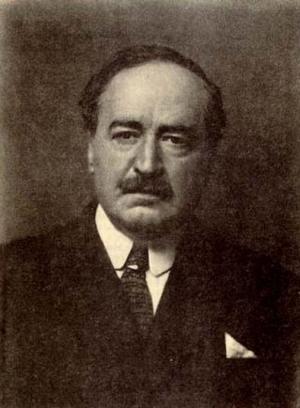Racine: Mithridate and Esther in the original French
Fiction & Literature, Drama, Continental European, Nonfiction, Entertainment| Author: | Jean Racine | ISBN: | 9781455392858 |
| Publisher: | B&R Samizdat Express | Publication: | December 15, 2009 |
| Imprint: | Language: | French |
| Author: | Jean Racine |
| ISBN: | 9781455392858 |
| Publisher: | B&R Samizdat Express |
| Publication: | December 15, 2009 |
| Imprint: | |
| Language: | French |
This file includes the classic plays Mithridate and Esther in the original French. According to Wikipedia: "Jean Racine (December 22, 1639 April 21, 1699) was a French dramatist, one of the "Big Three" of 17th century France (along with Molière and Corneille), and one of the most important literary figures in the Western tradition. Racine was primarily a tragedian, though he did write one comedy... At present, Racine is still widely considered a literary genius of revolutionary proportions. His work is still widely read and frequently performed. Marcel Proust developed a fondness for Racine at an early age, "whom he considered a brother and someone very much like himself..." — Marcel Proust: A Life, by Jean-Yves Tadié, 1996. Racine's influence can also be seen in A.S. Byatt's tetralogy ( The Virgin in the Garden 1978, Still Life 1985, Babel Tower 1997 and A Whistling Woman 2002). Byatt tells the story of Frederica Potter, an English young woman in the early 1950s (when she is first introduced), who is very appreciative of Racine, and specifically of Phedre."
This file includes the classic plays Mithridate and Esther in the original French. According to Wikipedia: "Jean Racine (December 22, 1639 April 21, 1699) was a French dramatist, one of the "Big Three" of 17th century France (along with Molière and Corneille), and one of the most important literary figures in the Western tradition. Racine was primarily a tragedian, though he did write one comedy... At present, Racine is still widely considered a literary genius of revolutionary proportions. His work is still widely read and frequently performed. Marcel Proust developed a fondness for Racine at an early age, "whom he considered a brother and someone very much like himself..." — Marcel Proust: A Life, by Jean-Yves Tadié, 1996. Racine's influence can also be seen in A.S. Byatt's tetralogy ( The Virgin in the Garden 1978, Still Life 1985, Babel Tower 1997 and A Whistling Woman 2002). Byatt tells the story of Frederica Potter, an English young woman in the early 1950s (when she is first introduced), who is very appreciative of Racine, and specifically of Phedre."


